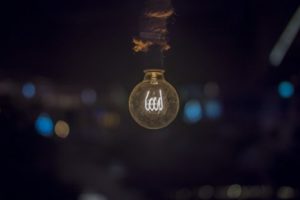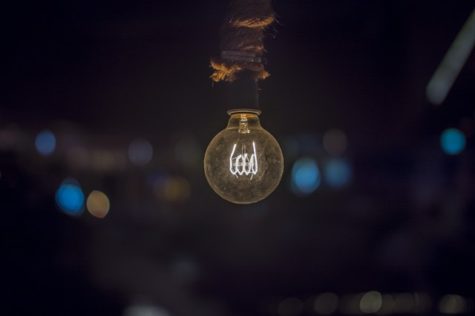EAST LANSING, Mich. — It turns out that dim lighting might actually make you, well, more dim. A new study finds that spending too much time in low-light rooms might impact brain structure and make learning and remembering things more challenging.
Neuroscientists at Michigan State University studied the brains of Nile grass rats to reach their findings. These rats were selected because they, like humans, are diurnal, or they sleep at night and are active during the day.

The research team exposed half of the rats to bright light regularly for four weeks, and exposed the other half to dim light. After the four weeks were up, the team tested the two groups of rats with a spatial test they trained all the rats on previously. They found that the rats exposed to bright light performed much better on the spatial task, while those exposed to dim lighting performed poorly and lost, on average, 30% capacity in their hippocampus — a critical brain region in both humans and rats for learning and memory recall.
After a month-long break, the researchers reversed the rat cohorts, exposing the dim-light rats to bright light. Their brain capacity and performance on the test improved dramatically.
“When we exposed the rats to dim light, mimicking the cloudy days of Midwestern winters or typical indoor lighting, the animals showed impairments in spatial learning,” explains Antonio “Tony” Nunez, a psychology professor and co-investigator on the study, in a university media release. “This is similar to when people can’t find their way back to their cars in a busy parking lot after spending a few hours in a shopping mall or movie theater.”
As for why dim light has such an impact on our memories, the researchers point to “significant reductions” of a substance called “brain derived neurotrophic factor,” which helps keep the hippocampus functioning at a higher level. Dim light also causes the brain to produce fewer “dendritic spines,” which allow neurons to communicate with one another.
“Since there are fewer connections being made, this results in diminished learning and memory performance that is dependent upon the hippocampus,” says lead author Joel Soler, a doctoral graduate student in psychology. “In other words, dim lights are producing dimwits.”
This is the first study to show that changes in environmental light levels change structures in the brain. According to the Environmental Protection Agency, Americans spend 90% of their time indoors on average.
The researchers say the study may have the strongest effect on elderly people and individuals who suffer from conditions like glaucoma or retinal degeneration. They hope to figure out ways to manipulate the affected neurons so that the negative effects are lessened or bypassed completely.
The full study was published Dec. 27, 2017 in the journal Hippocampus.

If you can’t see well enough and don’t try to do anything about it you’re already dumb.